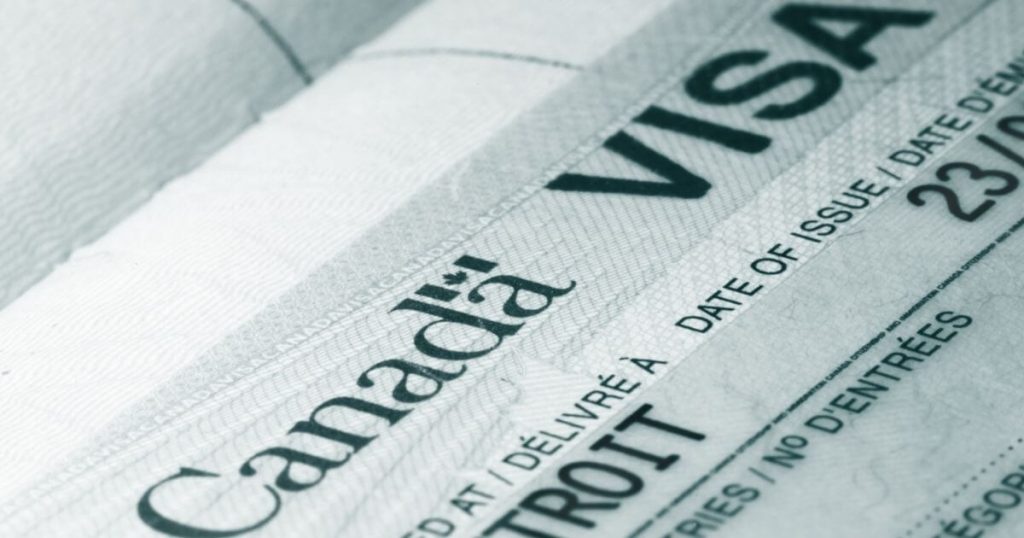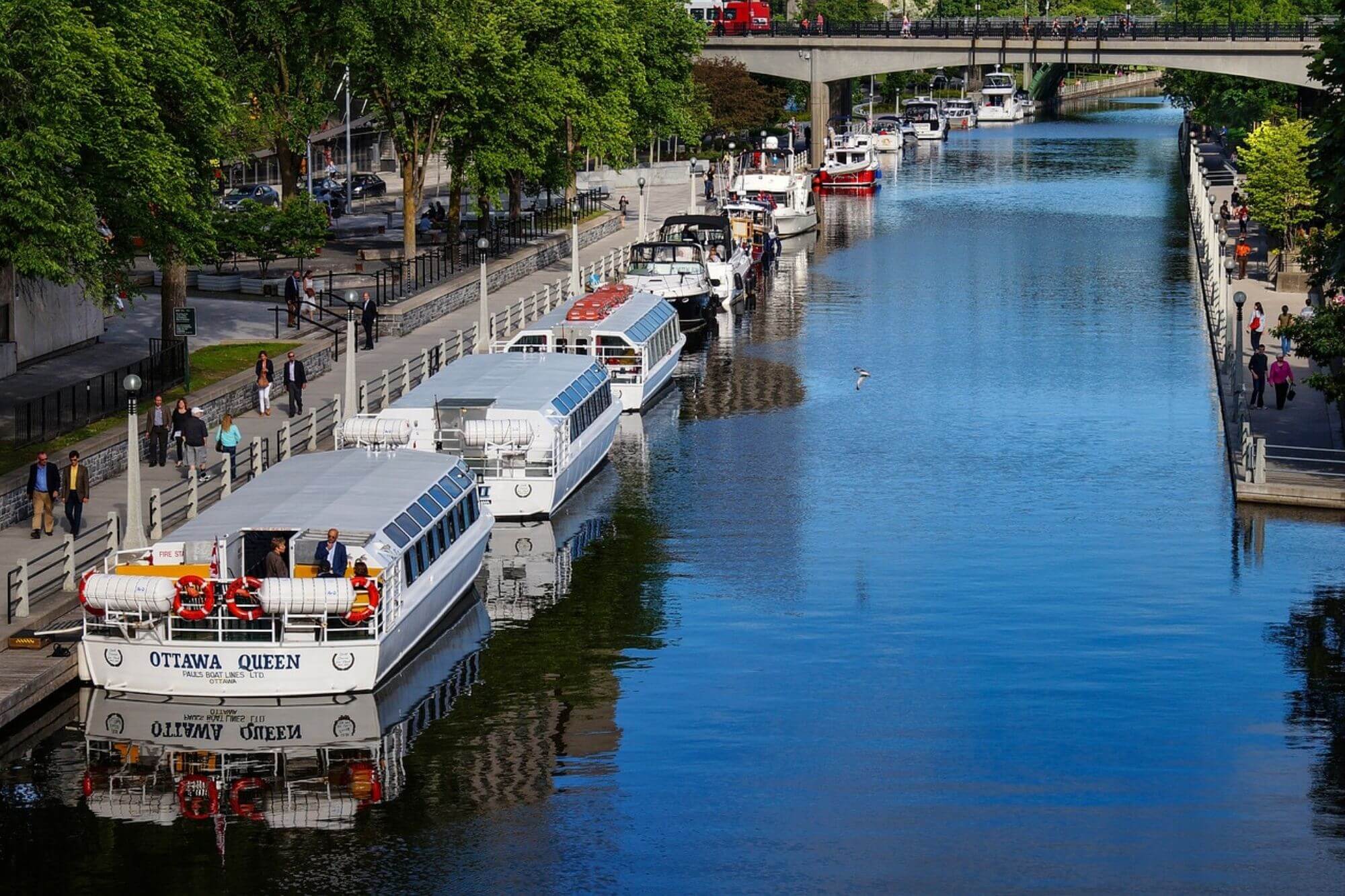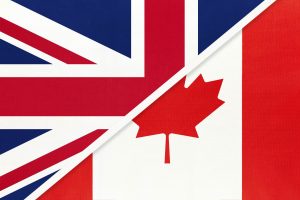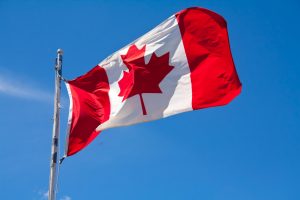Are you thinking of moving to Ottawa?
Ottawa, the capital city of Canada is located on the south bank of the Ottawa River in the eastern portion of southern Ontario.
It has been the capital city since Queen Victoria Queen decreed it to be so in 1857.
The second biggest city in Canada, it is also the most populous, home to around 38% of the county’s population.
Even though statistics indicate that Ottawa has a large population it has a vibrant youthful feel about it, offering a diverse and eclectic mix of neighbourhoods and is perhaps a bit sleepier than metropolises like Montreal, Toronto, or Vancouver.
Plus, Ottawa was deemed by Moneysense to be one of the safest places to live in the world as well as the second Best Place to Live in Canada.
You will quickly find yourself immersed in a new life here as the locals are so open and friendly, welcoming newcomers readily.
Whether you have decided to relocate to Ottawa to make a new start, further your career aspirations, start a family, or just to be closer to loved ones, there are plenty of reasons to consider a move here.
Here are eleven more reasons which might tempt you to make the jump.

Be Prepared for the Extremes
Moving to Ottawa from the UK, you are sure to see one major difference.
Each season in Canada’s capital is rather noticeable.
This may be a welcome change from the grey skies that are frequent on most days of the year in the UK.
Summer months in Ottawa bring high temperatures, with the hottest recorded being 37.8 degrees Celsius.
As you may expect when living in Canada, the winter months can be severe.
In fact, the capital has an average snow depth of more than 1cm for 120 days in the year.
Despite this, you will typically see sunny blue skies throughout winter, just don’t forget to wear your winter clothes!
A major advantage of moving to Ottawa is its northern location.
Being placed in the North ensures there is far less smog than many of Canada’s other cities.
The air quality when moving to Ottawa is amazing, especially when compared to other major cities such as Toronto.
Property in Ottawa
There is no doubt that moving home is stressful but times that by 100 if you move to a new country altogether.
Like many countries around the world, Canada uses a mortgage system to organize the purchasing of homes and properties. Make sure you understand these concepts before you move forward in your buying journey.
Plus, it is also worth bearing in mind that the process of purchasing a home is often very quick with offers being made on the spot. It is imperative to use the services of a good lawyer.
Expect a very competitive market.
Like the UK, Covid has shifted priorities for a lot of people many are looking at buying a house for more space or moving to Ottawa because they can work remotely.
Property prices in Ottawa remain significantly lower than those in Vancouver’s or Toronto’s real estate market with the average price of a detached home in Ottawa in the region of $716,378 (£422,376), much cheaper compared to London which currently stands at £674,684.
If you are going down the rental route, the same applies, everything moves very quickly.
Renting does give you the time to “try before you buy” which is wise advice.
Moving farther away from downtown you’ll find more affordable prices as you don’t want to waste huge amounts of money on a large home if it is just going to be temporary.
The average rent for a 1-bedroom apartment is currently $1,499pcm (£883) two-bedroom homes can be leased from $1850pcm (£1090) and larger homes with three bedrooms or more $2250pcm (£1326).

Excellent Transport
Getting around Ottawa is on another level. Locals boast that it is possible to get across the city during the daily rush in as little as 20 minutes! Not bad at all.
Further enhancing the cities great travel network, in September 2019, the electric rail transit system opened its long-awaited 8-mile crosstown Confederation Line. Controversy and bad luck delayed this immense scheme and the project cost an estimated C$2.1 billion, making it the largest infrastructure project in Ottawa’s history.
This alternative form of transport will offer commuters a fast, efficient commute across the area whilst reducing traffic congestion and carbon emissions.
Ottawa is served by a number of airlines that fly into the Ottawa Macdonald–Cartier International Airport (IATA: YOW, ICAO: CYOW), as well as two main regional airports Gatineau-Ottawa Executive Airport, and the Ottawa/Carp Airport.
A number of local bus services also ensure that you can get to pretty much all major neighbourhoods in the city.
Cycling has become extremely popular in recent years with Ottawa.
Numerous paved multi-use trails are at hand for walking, cycling, skating, and wheelchair users and wind their way through much of the city.
560 miles of cycling facilities are found in Ottawa, including 270 miles of multi-use pathways, 5 miles of cycle tracks, 120 miles of on-road bicycle lanes, and 160 miles of paved shoulders.
Diversity
Foreign immigration plays a significant role in Ottawa’s population growth.
Being multi-cultural in Ottawa makes for a very diverse experience with approximately 23.6% of the city’s population considered to be immigrants.
many come from the United Kingdom, China, India, the United States, Lebanon, Pakistan, Somalia, Iran, the Philippines, Vietnam, the Democratic Republic of the Congo, and Haiti.
This convergence of nationalities has created a wonderful melting pot that spills over into its restaurants, shops, and festivals.
Fantastic Food
No matter what your nationality maybe there will be a restaurant ready to serve food from your home country!
The diverse culinary scene in Ottawa means you can enjoy everything from food trucks to fine dining, as well as dozens of craft breweries, distilleries and wineries.
Surrounded by fertile farmlands, Ottawa can serve freshly prepared and cooked food supplied by around 1000 farms.
They say the best way to get to know a city is, of course, by eating your way through it! When you first arrive, take a “food tour”. There is plenty of them to be found:
www.localfoodtours.com/things-to-do/ottawa-food-tours/
Festival Hotspot
Beyond all the cultural offerings, Ottawa offers a calendar of festivities that combine to make it an attractive destination all year round.
Here are a few to look forward to:
Winterlude. A celebration of Ottawa’s snowfall. One of the largest of the city’s festivals centred around the frozen Rideau Canal, which turns into the world’s largest rink every winter. You can also check out the magnificent ice and snow carvings crafted by competing sculptors.
Tulip Festival. Held annually in May, an amazing show of multi-coloured tulips adorn local parks. One of the best places to view these beautiful flowers is at Commissioner’s Park by the scenic Dow’s Lake.
Usually held in May or June, the Ottawa International Children’s Festival is a great occasion for the little ones. Packed with fun and educational programmes including theatre, dance, and music. Various venues to host the festival include the grounds of LeBreton Flats Park, as well as the Canadian War Museum, and the National Arts Centre.
For more information regarding other festivals visit: www.finder.com/ca/ottawa-festivals

Working in Ottawa
Although the worldwide Covid 19 outbreak has affected all global economies including Canada, 2021 has seen some steady economic growth for Canada.
The labour market is getting stronger month on month with the latest statistics indicating that the unemployment rate is dropping slowly.
Ottawa’s primary employers are the Public Service of Canada and the high-tech industry, although tourism and healthcare also represent increasingly sizeable economic activities.
Jobs that have seen the most growth include IT and related services, Federal Government Public Administration, Research & Development, and tourism-related services.
Finding work in Canada can be a long process as the country prefers to employ Canadian residents where possible, however, with time and patience plenty of non-Canadian residents manage to land their dream jobs in Ottawa.
Cost of Living
If you are moving to Ottawa from the UK, you should have little to no problems living happily on your salary.
There are lots of differences in the daily prices you can expect to pay when moving to Ottawa.
One of the most outstanding of these is the cost of fuel.
As of January 2022, you will have been paying £1.42 per litre.
Moving to Ottawa will see this price effectively half, with fuel costing roughly 70p per litre in the capital.
These are some drastic differences in price, effectively halving your weekly costs.
Another considerable saving when moving to Ottawa is the cost of the rent.
In Ottawa, rent prices are 48.26% lower than in London.
This not only means your cost of living goes down but also allows you to rent a far nicer property for a similar cost, subsequently boosting your quality of living.
It is important to note that overall, foods maybe a little more expensive when moving to Ottawa.
Living in the city will see your grocery bills increase by around 9.89% compared to living in London.
Everyday items such as milk, bread and rice are around 40% more expensive when living in Canada’s capital.
However, moving to Ottawa is likely to be much more affordable than in the UK.

VISAs Requirements
Firstly, anyone wanting to live or work in Canada must apply to do so through official channels. Anyone attempting to work in Canada illegally will face serious charges.
The federal government website is a vital resource and is full of helpful advice: www.cic.gc.ca
As a brief overview, there are several ways to emigrate to Canada when it comes to the paperwork.
Applying for Permanent Residency
The quickest option is through Express Entry, which is Canada’s main pathway for economic class skilled workers, or you can apply via family sponsorship.
Work Permits
Allowing you to work in Canada for a limited period of 12 months. After which you can apply for residency through the Canadian Experience Class (CEC) section of the Express Entry Programme.
Study Permits
The study permit is a document which allows foreign nationals to study at designated learning institutions (DLIs) in Canada. You may also require a visitor visa or an electronic travel authorization (eTA).
A study permit is usually valid for the length of your study program, plus an extra 90 days. The 90 days let you prepare to leave Canada or apply to extend your stay.
For more information click here.
Universal Healthcare System
Healthcare in Canada is brilliant.
Canadian citizens or permanent residents are able to apply for public health insurance.
This insurance provides coverage for most healthcare services you will need when moving to Ottawa.
Similar to the NHS, Canada’s healthcare system is funded through taxes.
Individuals are provided with a health insurance card; this will need to be given to the hospital or clinic upon your arrival.
It is important to note that there is a waiting period of 3 months before you are likely to get your healthcare card.
During this period, it is very important to obtain private healthcare insurance.
This will cover you for any health incidents that may occur during the period you are not covered.
Whilst it may seem easier to avoid this, it is better to be safe than sorry, so be sure to get covered!

Moving Your Belongings to Ottawa
When moving to Ottawa, it is important to select a reliable international removals company to transport your goods.
When searching for an international removals company, you may notice that there is a seemingly endless pool of removals firms to choose from.
There are a number of steps you can take to make sure you select the best company.
The most important consideration is to ensure that your chosen removals company are BAR accredited.
BAR accredited removals companies will be able to provide services aligned with your needs, including packing and storage solutions.
When it comes to removals to Ottawa and other areas of Canada, White & Company are an excellent choice.
Their dedicated team will ensure all the appropriate paperwork and customs clearance is processed properly.
The shipping process can take anything from 6-8 weeks by container, with shared containers taking a little longer.
Sole use containers generally come in sizes of 20ft, 40ft or 40ft high cube.
To give you a general sense of these sizes, a 20ft container will be able to transport the contents of a typical 3-bedroom house.
Due to the time it takes to finish the shipping and the completion of customs checks, you may need to be somewhat adaptable when moving to Ottawa.
It is very possible that you will be without your belongings for a short period of time.
With this in mind, make sure you make your plans accordingly.
Are You Moving to Ottawa?
Have you decided to take the plunge and start moving to Ottawa?
Canada’s capital city is certainly an excellent place to call home, boasting many unique benefits that are hard to find elsewhere.
Hopefully, this article has gone some way to highlight some of the amazing benefits that come with moving to Ottawa!
Regardless of your reasons for moving, we hope that you are able to relocate to Ottawa with as little hassle as possible.
Hopefully, our guide to the city and some of the insight and advice in this article will help your big move run as smoothly as possible.




